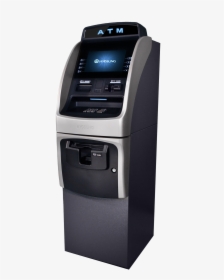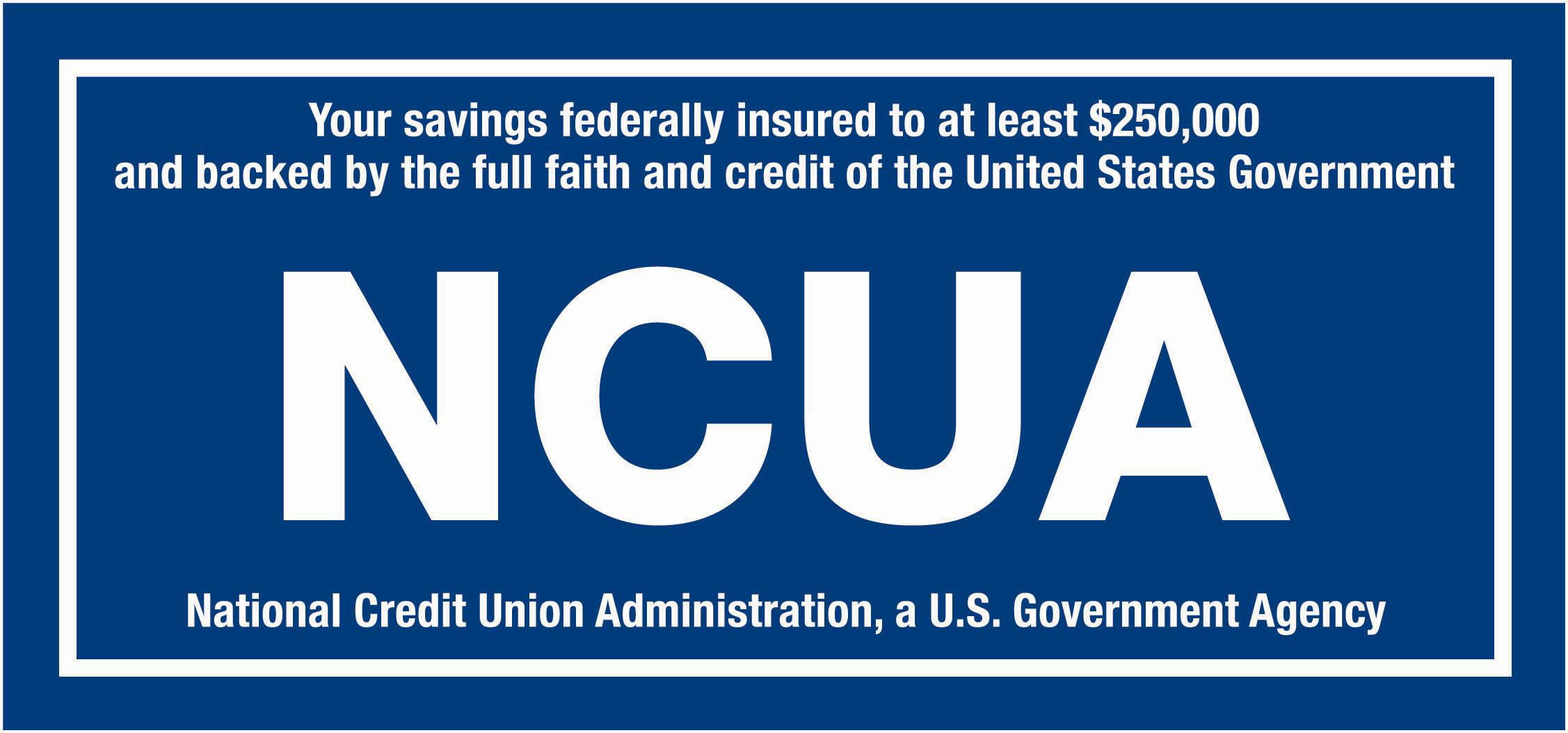Now accepting online applications for memberships and loans!
Notices





Attention !!!
Quicken is Now available on CU Connect!

POSTAL FAMILY FEDERAL CREDIT UNION'S 89TH
ANNUAL MEETING
_________________________________________________
Join us for a night of fun with Bingo and Door Prizes on
Saturday, February 28th.
Social starts at 5:00 with
dinner starts at 6:00.
_______________________________________________________
Early Bird tickets are.
$25.00 until February 6th.
After this date, tickets are $27.00.
Tickets for children are $10.00.
Deadline for the tickets is.
Friday, February 20th.
_________________________________________________________
Holiday Inn, Fargo
3803 13th Ave. S, Fargo ND 58103

Get the Scoop at Postal Family FCU
Whether you're opening an account,
getting a vehicle loan, investing in a share certificate,
making a mobile deposit, or using any of our other
products or services, your credit union is here to help you
with all of your financial needs!
Call us or stop in today to Get the Scoop!
701-232-6910
Protect yourself
- Be alert to the fact that scams exist. When dealing with uninvited contacts from people or businesses, whether it's over the phone, by mail, email, in person or on a social networking site, always consider the possibility that the approach may be a scam. Remember, if it looks too good to be true, it probably is.
- Know who you're dealing with. If you've only ever met someone online or are unsure of the legitimacy of a business, take some time to do a bit more research. Do a Google image search on photos or search the internet for others who may have had dealings with them. If a message or email comes from a friend and it seems unusual or out of character for them, contact your friend directly to check that it was really them that sent it.
- Do not open suspicious texts, pop-up windows or click on links or attachments in emails – delete them: If unsure, verify the identity of the contact through an independent source such as a phone book or online search. Don't use the contact details provided in the message sent to you.
- Don't respond to phone calls about your computer asking for remote access – hang up – even if they mention a well-known company such as Telstra. Scammers will often ask you to turn on your computer to fix a problem or install a free upgrade, which is actually a virus which will give them your passwords and personal details.
- Keep your personal details secure. Put a lock on your mailbox and shred your bills and other important documents before throwing them out. Keep your passwords and pin numbers in a safe place. Be very careful about how much personal information you share on social media sites. Scammers can use your information and pictures to create a fake identity or to target you with a scam.
- Keep your mobile devices and computers secure. Always use password protection, don’t share access with others (including remotely), update security software and back up content. Protect your WiFi network with a password and avoid using public computers or WiFi hotspots to access online banking or provide personal information.
- Choose your passwords carefully. Choose passwords that would be difficult for others to guess and update them regularly. A strong password should include a mix of upper and lower case letters, numbers and symbols. Don’t use the same password for every account/profile, and don’t share your passwords with anyone.
-
Review your privacy and security settings on social media. If you use social networking sites, such as Facebook, be careful who you connect with and learn how to use your privacy and security settings to ensure you stay safe. If you recognise suspicious behaviour, clicked on spam or have been scammed online, take steps to secure your account and be sure to report it.
-
Beware of any requests for your details or money. Never send money or give credit card details, online account details or copies of personal documents to anyone you don’t know or trust. Don't agree to transfer money or goods for someone else: money laundering is a criminal offence.
-
Be wary of unusual payment requests. Scammers will often ask you to use an unusual payment method, including preloaded debit cards, gift cards, iTunes cards or virtual currency such as Bitcoin.
- Be careful when shopping online. Beware of offers that seem too good to be true, and always use an online shopping service that you know and trust. Think twice before using virtual currencies (like Bitcoin) - they do not have the same protections as other transaction methods, which means you can’t get your money back once you send it. Learn more about online shopping scams.

ATMs for You
USPS Prairiewood Station in Fargo and the Grand Forks Post Office
GSA Federal Building in Fargo, Colfax Express in Colfax, and William Guy Federal Building in Bismarck.
Use your Postal Family FCU debit card to get cash 24/7 at these ATMs, with NO FEE to our members.
© 2026 Postal Family FCU


